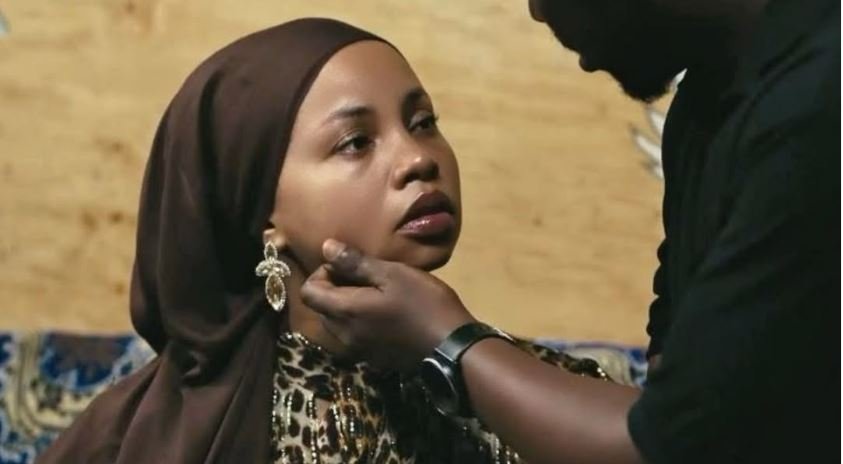Why Cheap Accessories Can Seriously Damage Your Expensive Devices
In 2026, we spend thousands on premium smartphones, laptops, and tablets—yet many of us skimp on accessories like chargers, cables, cases, and screen protectors. That $5 charger or $10 cable might seem like a smart save, but it can lead to catastrophic damage, costly repairs, or even safety risks. Real-world incidents show that counterfeit or low-quality accessories often lack proper safety features, causing everything from gradual battery degradation to fires.
This article explores the risks with real examples and explains the long-term consequences.
The Biggest Culprit: Cheap Chargers and Cables
Counterfeit chargers and cables are the most dangerous offenders. Genuine ones undergo rigorous testing for voltage regulation, overcurrent protection, and insulation. Cheap knockoffs cut corners, using substandard components that overheat, deliver unstable power, or short-circuit.
Real Examples of Damage and Danger
- Fires and Burns: Numerous cases link cheap chargers to phones catching fire. Fire departments have reported smartphones igniting beds while charging due to faulty adapters. One incident involved a phone severely burnt from a counterfeit charger.
- Battery and Internal Damage: Unstable voltage from cheap chargers stresses lithium-ion batteries, causing premature degradation. Users report batteries dropping to 50% health in months. In iPhones, fake Lightning cables have damaged the Tristar charging chip, rendering devices unchargeable without motherboard repairs.
- Laptop Motherboard Failures: Off-brand laptop chargers can surge power, frying motherboards or batteries. Repair techs frequently see devices bricked after using generic adapters lacking surge protection.
Long-Term Consequences
- Reduced Battery Life: Inconsistent charging accelerates chemical wear, cutting capacity by 20-50% faster than normal.
- Expensive Repairs: Motherboard or charging port fixes cost $200-800—often more than the accessory savings.
- Safety Hazards: Overheating leads to fires, shocks, or explosions, endangering users and homes.
- Data Loss: Sudden failures can corrupt storage, losing irreplaceable photos or files.
Other Risky Accessories: Cases and Screen Protectors
Even “protective” items can harm if poorly made.
- Cheap Cases: Low-quality plastics or ill-fitting designs trap dust/grit, scratching phone bodies. Some rigid cases transfer drop impact directly to the device.
- Budget Screen Protectors: Poor adhesives leave bubbles/residue; uneven glass applies pressure, cracking OLED displays over time. Cheap tempered glass shatters easily, leaving shards that scratch screens.
Long-term: Scratches diminish resale value; cracked internals require full display replacements ($300+ for flagships).
Why Does This Happen?
Manufacturers like Apple, Samsung, and Dell engineer ecosystems with precise standards. Cheap accessories bypass certifications (e.g., MFi for Apple, USB-IF), using thin wires, poor soldering, and no thermal safeguards. Rising demand for fast charging exacerbates issues—higher power amplifies flaws.
How to Protect Your Investment
- Buy from reputable brands: Anker, Belkin, Ugreen, or official OEM.
- Check certifications: Look for MFi, USB-IF, or manufacturer approval.
- Inspect regularly: Replace frayed cables or hot-running chargers.
- Invest wisely: A $20-40 quality charger lasts years and safeguards your $1,000+ device.
Saving a few dollars upfront isn’t worth risking your expensive tech—or your safety. In 2026, with devices more powerful (and fragile) than ever, quality accessories are essential protection, not optional extras. Choose wisely, and your gadgets will thank you with years of reliable performance.
NEXT ON LULU MAISHA MAGIC PLUS SEASON 1 EPISODE 179 WEDNESDAY JANUARY 7TH 2026 FULL EPISODE










You must be logged in to post a comment.